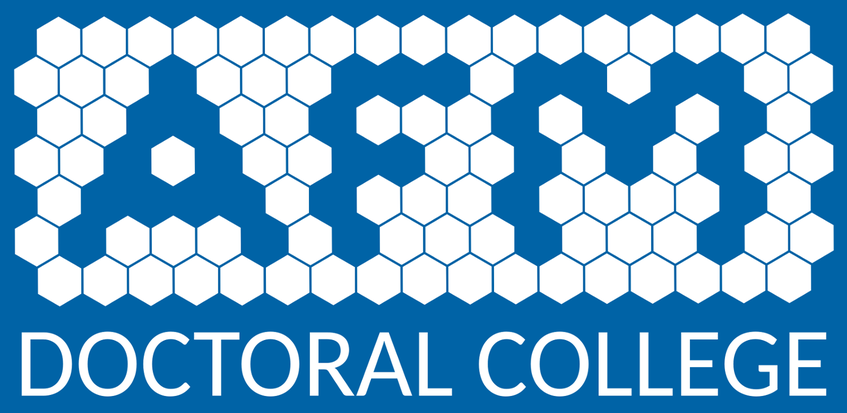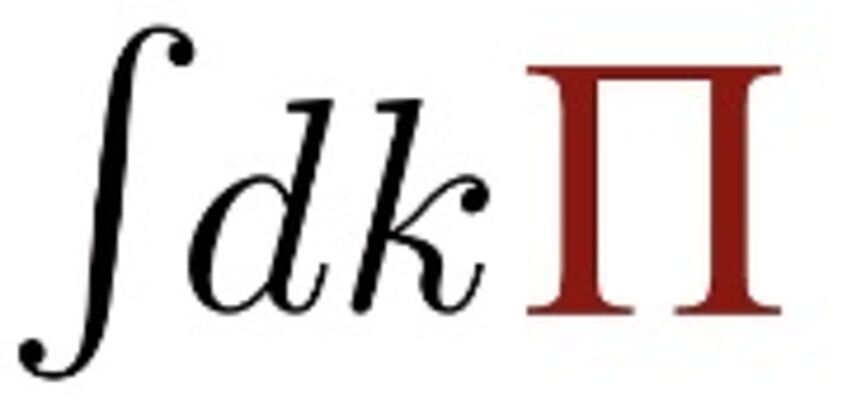Partner programmes and projects
The Vienna Doctoral School in Physics acts as a host for doctoral candidates from a range of externally funded, topical doctoral programmes.
Doctoral College Advanced Functional Materials
The Doctoral College Advanced Functional Materials (DCAFM) provides doctoral education at the highest international level on the synthesis, characterization, analysis and theoretical description of novel functional materials, ranging from low-dimensional materials with exotic electronic and optical properties to soft matter systems with tailored mechanical responses to external stimuli. The faculty of the DCAFM consists of members of the Faculties of Physics and Chemistry of the University of Vienna with complementary backgrounds in diverse fields of materials science.
DCAM has been awarded a doc.funds project Hierarchical Design of Hybrid Systems (HiDHyS) from the Austrian Science Fund (FWF).

AppQInfo - Applications and Hardware for Photonic Quantum Information Processing
H2020-MSCA-ITN-2020 - Innovative Training Networks
Funded under the Marie Skłodowska-Curie Actions programme, the AppQInfo project will train early-stage researchers in state-of-the-art integrated quantum photonics, one of five critical key enabling technologies for Europe. Using photonic integrated circuits to control photonic quantum states, integrated photonics allows the generation, manipulation and readout of photonic quantum states in a highly controlled manner. It dramatically increases computation speed and efficiency compared to electronics circuits. Young researchers will work on 15 interdisciplinary projects that will focus on developing feasible long-distance quantum communications from urban-scale networks to satellite-based systems; studying quantum transport properties and quantum Fourier transforms in photonic circuits; building all-optical artificial neural networks and applying them for quantum simulations; and developing sources and detectors of multiphoton quantum states and polaritonic logic gates
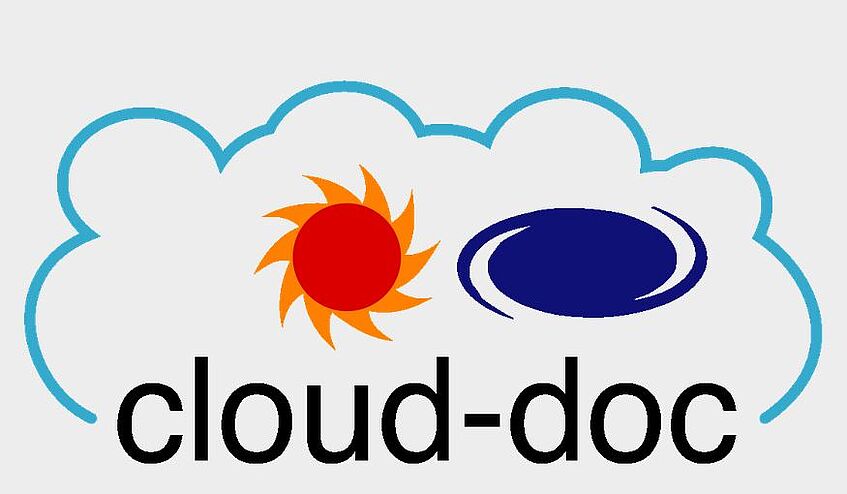
Cloud-Doc - EU MSCA Project
The CLOUD-DOC Marie Curie Doctoral Training Network is a multi-site network of 12 Ph.D. students at 12 partner institutions across Europe. The network investigates various aspects of the interactions of cosmic rays with aerosols and clouds, which bears on the possibility of a "solar indirect" contribution to climate change. Besides the individual research of the Ph.D. students at their hosting institutions, the major focus of the network will be sets of common experiments on ion-induced nucleation and ion-aerosol interaction carried out at CERN. These experiments are conducted at an aerosol chamber that is exposed to a CERN elementary particle beam where the effects of cosmic rays on aerosol and cloud formation can be efficiently simulated.
Doctoral Program Particles & Interactions
The purpose of the Doktoratskolleg Particles and Interactions (DK-PI) is to combine the expertise on the properties and the interactions of elementary particles and hadronic matter available in theoretical and experimental physics institutions of the University of Vienna, the TU Wien and two institutes of the Austrian Academy of Sciences (HEPHY and SMI) in order to create a unique and fertile educational and research environment.
DK-PI runs as a Doctoral Programme (DK) funded by the Austrian Science Fund (FWF).
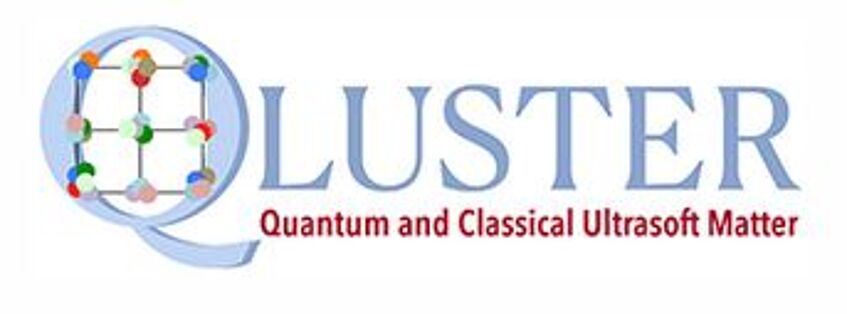
QLUSTER - Quantum and Classical Ultrasoft Matter
The QLUSTER consortium comprises research groups from academia and industry spanning 7 countries of the EU. It is constituted as a collaborative network for promoting and advancing research in fundamentals and applications, for training young scientists with broad sets of skills and high adaptability to the changing and increasingly knowledge-based economy of the EU, and with a strong commitment to communicating science to society.
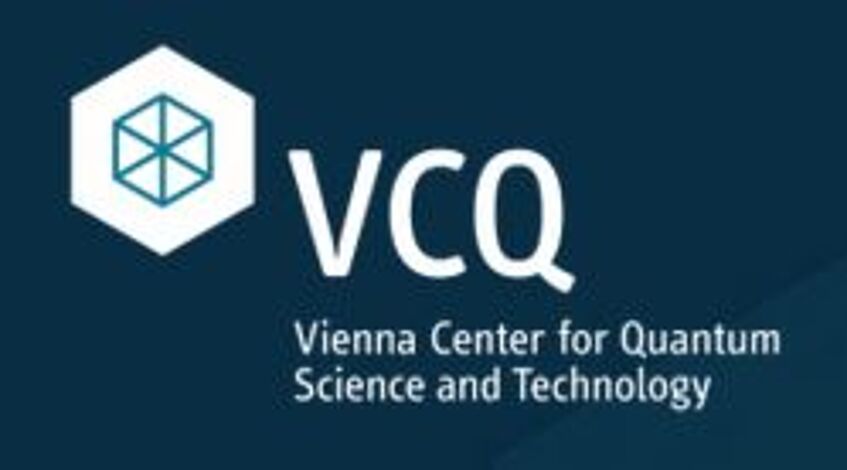
The Vienna Doctoral Program on Complex Quantum Systems (CoQuS)
The Vienna Center for Quantum Science and Technology (VCQ) is a joint initiative of the University of Vienna, the Vienna University of Technology, the Austrian Academy of Sciences, and the Institute of Science and Technology Austria, which unites quantum physicists of Vienna’s research institutions in one collaborative center. VCQ will set new impulses for research and teaching through its unique spectrum of research topics – from fundamental quantum physics to novel quantum technologies.

